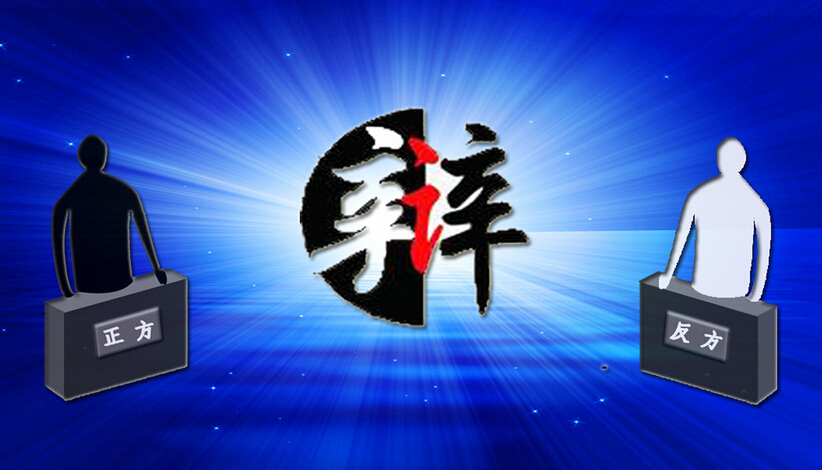(单词翻译:单击)
For:
正方辩词:
"Buy now,pay later" represents an advanced lifestyle.
"消费在前,还款在后"是一种先进的生活方式。
Nowadays, because of the credit card, "buy now, pay later" has become a reality, and it is very popular among the young generation. In my opinion, it stands for a progress of our attitudes towards money and it is an advanced lifestyle. Different from our parents, we pay more attention to the quality of life. For us, money is just a tool to pursue a better life. Therefore, when and how we spend money is not important.
如今,信用卡的出现使"消费在前,还款在后"的理念变成了现实。这种消费方式在年轻人中越来越受欢迎。在我看来,这种消费方式表明了人们在对待金钱的态度有所进步,同时代表了一种先进的生活方式。与我们的父辈不同,我们年轻人更看重生活的质量。对于我们而言,金钱只是用来追求美好生活的工具。因此,什么时候花钱以及怎么花并不重要。

Against:
反方辩词:
"Buy now, pay now" is a rational consumption behavior.
"量入为出"是一种理性的消费行为。
Although the credit card provides us with more freedom in our consumption. In my opinion, "buy now, pay now" is more rational than "buy now, pay later". First of all, people tend to feel greater pain when they hand cash over than when they use credit cards. Therefore, we are more cautious about our buying behavior with the cash. Secondly, excessive consumption will increase our financial pressure; and a bad credit record will bring us a lot of trouble.
虽然信用卡给我们的消费带来了更大的自由,但我认为"量人为出"的消费方式要更为理性。首先,与使用信用卡相比,使用现金交易更能让我们感到心疼。因此,我们在购物时会更加谨慎;其次,超前消费会增加我们以后的经济压力。同时,由过度消费造成的不良信用记录也会给我们今后的生活带来很多麻烦。


